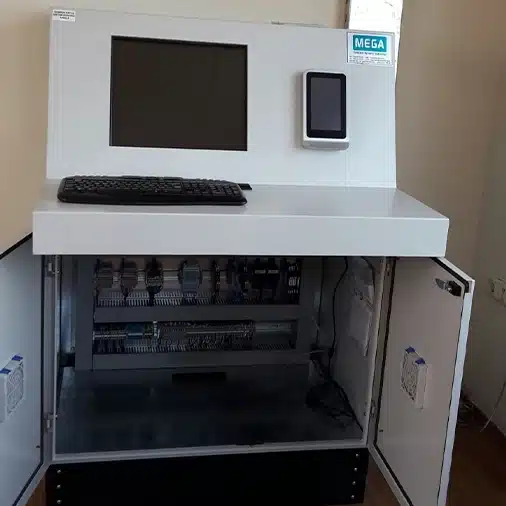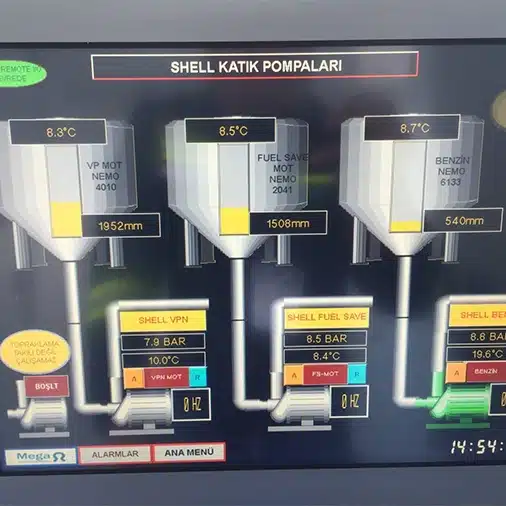What is automation? Automation refers to the execution of a process or system without the need for human intervention in production processes. In this system, tasks are carried out automatically using machines, software, or other technological tools.
What is automation? Automation is employed to enhance the efficiency of production processes and minimize human error. This system is utilized in a variety of fields, such as industrial production, home automation, agriculture, and logistics.
What Does Automation Mean?
Automation involves the execution of production processes without requiring human intervention, primarily aiming to reduce human errors. Additionally, this system seeks to increase efficiency and reduce operational costs.
Automation is applicable across various domains, including industrial production, agriculture, and logistics. It ensures that processes are conducted automatically through the use of machines, software, or other technological tools, minimizing human error.
Key objectives of automation:

Types of automation systems:
Thanks to technological advancements, these systems are becoming more prevalent in various industries.
What is an Automation System?
“What does automation do?” An automation system refers to the execution of specific tasks via technological tools without human intervention. This system plays critical roles in various sectors and applications, such as improving production processes and managing energy efficiently.
Key components of an automation system:
Input
Data collected from sensors or users, such as temperature measurements.
Processing
Control units or software analyze incoming data (e.g., activating an air conditioner when a certain temperature is reached).
Output
Actions taken as a result, like starting a motor or triggering an alarm.
These processes offer businesses flexibility and enhance daily life quality.
What is Industrial Automation?
Industrial automation integrates machines, software, and other technological tools into production processes to minimize human error and manage production automatically.
Components of industrial automation:
Examples of industrial systems’ applications include power lines, the energy sector, chemical and petrochemical industries, as well as food and beverage production facilities. These systems offer businesses significant advantages, such as increased efficiency, reduced error rates, cost savings, quality control, and enhanced safety.
Automation systems used in industries not only boost the competitive edge of businesses but also provide safer and more sustainable production processes.

One of the frequently asked questions is, “What does industrial automation do?” In industrial facilities, these processes enable operations to be carried out more quickly, safely, and efficiently. Some of the tasks performed by these systems include:
Data Collection and Analysis
These systems collect and transmit process-related data, such as temperature, pressure, or speed, enabling real-time monitoring of the processes.
Quality Control and Ensuring Product Standards
This feature identifies whether products meet standards and detects potential errors in production processes, allowing immediate intervention.
Automating Production Processes
This includes automatic processes such as material processing, assembly, and packaging. Automation systems allow 24/7 operation without the need for human intervention.
Energy and Resource Management
Automation helps minimize material waste and optimizes energy consumption in facilities.
Additionally, these systems handle maintenance and fault detection. All these processes provide a comprehensive answer to the question, “What is automation technology?”
For more detailed information about the role and functions of automation in industrial systems, you can contact Mega Industry.
